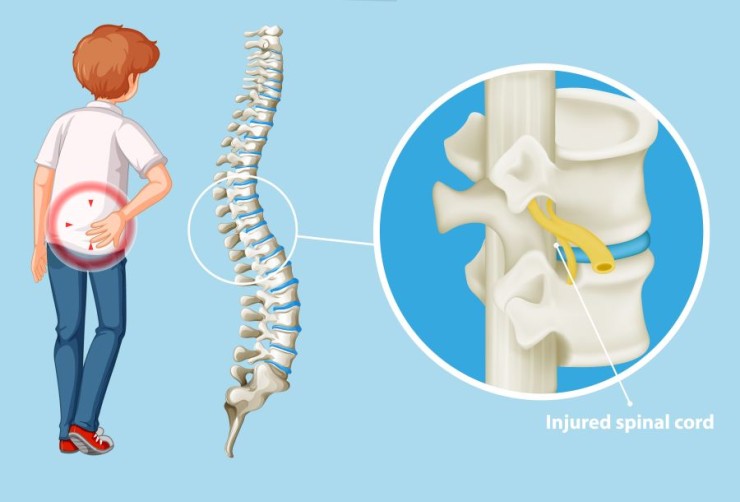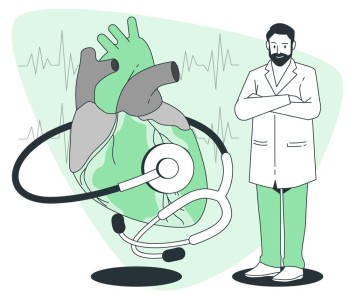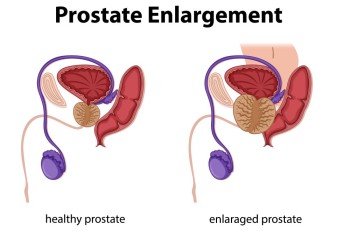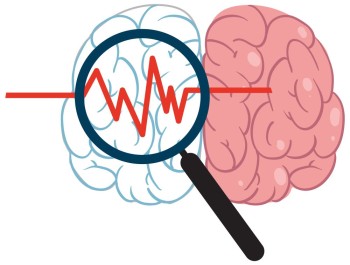
Understanding the dynamics of MRI Dorsal Spine begins with recognizing its role in capturing detailed images of the spine's upper portion.
MRI Dorsal Spine with Cost
Comprehensive Details on MRI Dorsal Spine
Medical imaging has revolutionized the field of healthcare, providing detailed insights into various aspects of the human body. One such crucial diagnostic tool is Magnetic Resonance Imaging (MRI), specifically focused on the dorsal spine. In this comprehensive guide, we'll delve into the intricacies of MRI Dorsal Spine, exploring its significance, procedure, and much more.
Introduction
Understanding the dynamics of MRI Dorsal Spine begins with recognizing its role in capturing detailed images of the spine's upper portion. This diagnostic procedure is instrumental in identifying and diagnosing various spinal conditions, making it an indispensable tool for healthcare professionals.
Understanding the Basics
What is MRI Dorsal Spine?
MRI Dorsal Spine is a specialized imaging technique that targets the thoracic or dorsal region of the spine. Unlike other imaging modalities, such as X-rays or CT scans, MRI uses powerful magnets and radio waves to create detailed and cross-sectional images of the spine's soft tissues.
Why is it performed?
Primarily, MRI Dorsal Spine is conducted to evaluate and diagnose a range of conditions affecting the dorsal region. These may include spinal cord injuries, herniated discs, or abnormalities in the vertebral column.
Preparation for MRI Dorsal Spine
Before undergoing an MRI Dorsal Spine, patients receive specific instructions to ensure a smooth and accurate imaging process. Common instructions involve dietary restrictions and guidance on removing metallic objects to prevent interference with the magnetic field.
Procedure of MRI Dorsal Spine
The MRI Dorsal Spine procedure involves the patient lying down on a motorized table that slides into the MRI machine. The machine then generates detailed images of the dorsal spine, a process that is both painless and non-invasive. The duration varies but typically lasts between 30 to 60 minutes.
Significance of Detailed
Imaging
Accurate diagnosis is the cornerstone of effective medical treatment. Detailed imaging of the dorsal spine enables healthcare professionals to identify and understand the root cause of various spinal conditions, facilitating targeted and personalized treatment plans.
Common Indications for MRI Dorsal Spine
Individuals experiencing chronic back pain, especially in the thoracic region, often undergo MRI Dorsal Spine. Additionally, those with neurological symptoms such as numbness or tingling in the upper back may be recommended for this diagnostic procedure.
Distinguishing Features of Dorsal Spine MRI
What sets apart MRI Dorsal Spine from other spine imaging techniques is its ability to capture specific details of the thoracic region. The focus on this area allows for a more nuanced understanding of conditions affecting the upper spine.
Interpretation of MRI
Results
The interpretation of MRI Dorsal Spine results requires the expertise of a radiologist. These professionals analyze the images and provide a comprehensive report detailing any abnormalities or conditions detected during the imaging process. Subsequently, they communicate these findings to the patient and the referring healthcare provider.
Benefits and Limitations
Advantages of Detailed Imaging
The detailed images obtained through MRI Dorsal Spine offer unparalleled insights into the structure and condition of the thoracic spine. This level of detail enhances the accuracy of diagnosis, guiding healthcare professionals in formulating precise treatment strategies.
Limitations and Potential Alternatives
While MRI Dorsal Spine is highly effective, it may not be suitable for every situation. Patients with certain medical conditions or metallic implants may need alternative imaging methods, such as CT scans. Understanding the limitations helps in making informed decisions regarding the most appropriate diagnostic approach.
Technological Advances
in Dorsal Spine Imaging
Advancements in medical technology have significantly impacted MRI Dorsal Spine imaging. State-of-the-art MRI machines equipped with advanced software and hardware ensure higher resolution images, allowing for even more precise diagnosis and evaluation.
Patient Experience and Comfort
Addressing common concerns related to MRI Dorsal Spine is essential for ensuring a positive patient experience. The procedure is non-invasive, painless, and does not expose patients to ionizing radiation. Tips for relaxation and comfort, such as bringing music or using visualization techniques, contribute to a more relaxed MRI experience.
Post-MRI Care and
Follow-up
Following the MRI Dorsal Spine, patients are usually provided with recommendations for post-scan care. This may include resuming normal activities, staying hydrated, and any specific instructions based on the findings. Additionally, scheduling a follow-up consultation with the referring physician is crucial for a comprehensive understanding of the results.
Insurance Coverage for MRI Dorsal Spine
Understanding insurance coverage is a practical aspect of medical procedures. MRI Dorsal Spine is typically covered by health insurance, but the extent of coverage may vary. Patients are advised to check with their insurance providers to ascertain coverage details and potential out-of-pocket costs.
Educational Resources for Patients
The journey doesn't end with the imaging procedure. Understanding the MRI Dorsal Spine report is vital for patients. Educational resources, both online and provided by healthcare professionals, assist patients in comprehending the findings, potential implications, and the recommended course of action.
Conclusion
In conclusion, the importance of detailed content for MRI Dorsal Spine cannot be overstated. This imaging technique plays a pivotal role in the accurate diagnosis of spinal conditions, contributing to better patient outcomes. Prioritizing spinal health through regular check-ups and informed decision-making empowers individuals to take charge of their well-being.
FAQs about MRI Dorsal Spine Imaging:
Is MRI Dorsal Spine a painful procedure?
No, the
procedure is generally painless. Patients might experience mild discomfort due
to lying still, but there is no pain associated with the imaging itself.
How long does an MRI Dorsal Spine typically take?
The duration varies, but it usually lasts between 30 to 60 minutes, depending on the complexity of the imaging required.
Are there any side effects of MRI Dorsal Spine?
MRI Dorsal
Spine is considered safe, and there are no known side effects associated with
the procedure. The magnetic fields used do not involve ionizing radiation.
Is there any preparation required before undergoing an MRI Dorsal Spine?
Yes, there is specific
preparation, including instructions about dietary restrictions and removing
metallic objects to ensure the accuracy of the imaging process.
Can I undergo an MRI Dorsal Spine if I have a pacemaker or other metallic implants?
Individuals
with certain metallic implants may need alternative imaging methods, as the
magnetic fields used in MRI may interfere with these devices. Seek personalized
guidance from your healthcare professional for tailored advice.
What is the role of contrast agents in MRI Dorsal Spine?
Contrast
agents are sometimes used to enhance the visibility of certain structures
during an MRI. Your healthcare provider will determine if contrast is necessary
based on your specific case.
Are there age restrictions for undergoing MRI Dorsal Spine?
Generally,
there are no strict age restrictions. MRI Dorsal Spine can be performed on
individuals of various ages, including children, based on the healthcare provider's recommendation.
Can I bring someone with me during the MRI Dorsal Spine procedure?
Most imaging facilities allow a friend or family member to accompany you during the procedure for emotional support. However, they may need to follow certain safety protocols, such as not bringing metallic items into the MRI room.
What happens if
abnormalities are found in the MRI results?
If abnormalities are detected, the radiologist communicates the findings to the referring healthcare provider. Further diagnostic tests or treatments may be recommended based on the specific condition.
Who can undergo MRI
Dorsal Spine?
While generally safe, individuals with certain medical conditions or metallic implants may need alternative imaging methods. Seek personalized advice from your healthcare provider.
Explore our article for more detailed information on MRI Dorsal Spine imaging!
(0)
Login to continue



